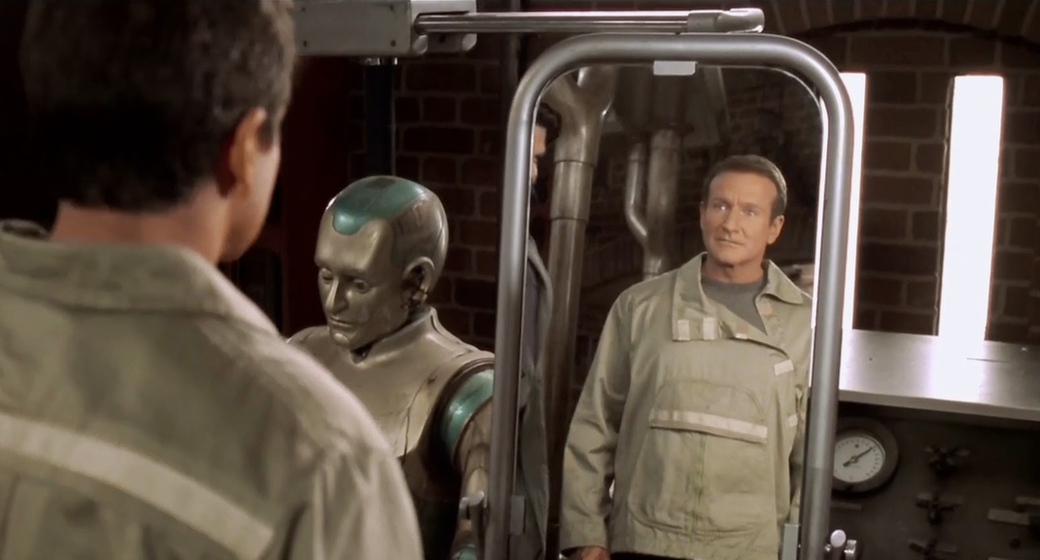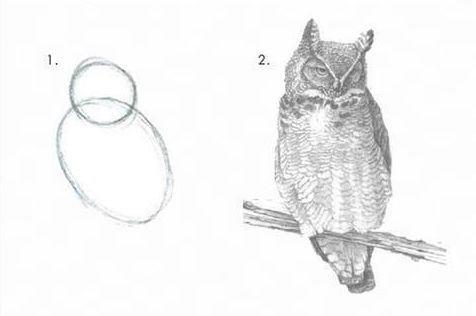Bicentennial Man (1999)
In 1976 Isaac Asimov published the novelette “Bicentennial Man”, later expanded into a full-blown novel called “Positronic Man” with Robert Silverberg. It’s part of Asimov’s robot universe which later extends far into the future, all the way to the Foundation. It’s a pretty intricate piece of literature, I was curious how the movie adaptation treated it.

The movie is a mostly comedic take on the story which I’m pretty ambivalent about. On the one hand, Robin Williams is Robin Williams, brilliant as ever. On the other hand, transforming the book into a comedy (with a hard turn into romcom territory later on) was sort of a bummer to me since it robbed the story of its gravity. For the remainder of this note I’ll be sadly the old grump unhappy about the lost potential and unnecessary plot alterations.
My main gripe is that the movie trivializes the main character, often going for cheap laughs that don’t really work anyway. The movie Andrew is the butt of the joke most of the time by being painfully naive or dim-witted, and therefore his progression through the 200 years of his existence to become human seems quite abrupt. Story-telling that reminded me of the famous joke about “how to draw an owl":

Early in the movie, both daughters are quite mean to the robot, including the younger one, which was jarring to me. In the books she sets the transformation of the robot in motion by treating him like a person from the get-go. Later on in the movie, Little Miss goes on to essentially confess love to Andrew, which totally goes overboard compared to the book’s subtlety. For a second there I thought they’d let it go as she inevitably gets older and finally dies… but they just reintroduce the exact same plot point with Little Miss’ grand-daughter Portia (played by the same actress, Embeth Davidtz).
Some scenes are copied verbatim from the book, like when Sir asks Andrew whether robots can lie. Other times, gratuitous scenes are added that bring little but confusion. Granted, most of the alterations push the plot ahead roughly in the same direction as the book. I’d like to believe it was easier to show the alternate plot points instead of tell about some of the ones that were actually in the book. After all, the movie is less about establishing legal precedents and about the progress of the US Robots corporation, and more about the feel of Andrew’s progress. In the end though, I’m afraid some of these are rather large misses, like Andrew building his own house on the seashore. That made little sense. Seeking out other NDR robots was similarly pointless. Andrew writing letters and walking through Monument Valley? Bizarre. The “female” NDR robot? The most annoying plot point of them all.
But it’s the central plot point about Andrew falling in love with Portia where the movie goes off the rails for me. First of all, the movie cuts the number of human generations portrayed to just three. Since the robot dies on his 200th “birthday”, and Portia dies with him being around 80 years old, that means the original Little Miss would have had to have been at least 60 years old when she gave birth to Portia’s father. He in turn would have to wait another 70 years to have Portia. By that time Little Miss would have been 130 years old. And yet, in the scene where Andrew meets Portia for the first time, Little Miss is there to tell him Portia’s her grand-daughter. It was hard for me to ignore this plot hole while watching, but let’s hand-wave it. The story is about Andrew after all, right?
This is sadly no better. The book pursues Andrew’s progress to become truly human, not due to romantic infatuation, but due to a growing understanding of his parity with humans on all levels. And he needs to fight plenty of legal problems along the way, and the US Robots corporation fights him too, going as far as to remove positronic brains from new robots and instead controlling them remotely to avoid future issues of the like they had with Andrew. All of this builds some plausibility to his final uniqueness and makes the climax of the story much more satisfying. The movie loses all that by making the issue be “about a girl”. As another reviewer put it, the story is basically about a robot who doesn’t feel worthy of love until he has completely changed himself into a human being, inside-out. This isn’t what the book was about.
It’s a bummer. The movie is so far the most faithful on-screen adaptation of Asimov’s work I’ve seen. I can repeat after Jamie Rubin that it wasn’t bad, it just doesn’t capture the beauty of the original story. Apparently Robin Williams also regretted making the movie but I was unable to find more details about that.
(As a side note: what I found particularly fun to see was that some scenes were filmed in Redwood Shores CA where I used to live. Some of the beach scenes, while I couldn’t recognize any particular beach, had a distinct Northern California feel to them that I could recognize. Many scenes were set in San Francisco, I have photos of my own in a few of those places.)